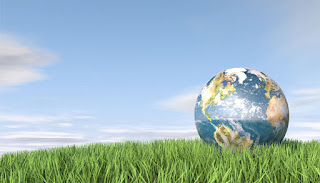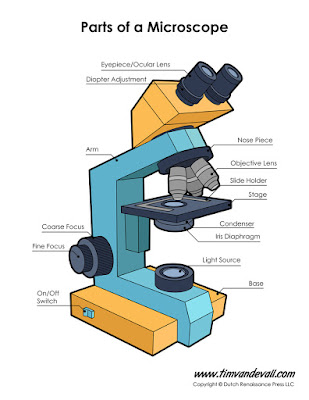Tuesday September 26 - Introduction to Ecosystems
Learning Goals:
1) Understand what an ecosystem is.
2) Explain what biotic and abiotic factors are, give examples, and explain how they influence ecosystems.
3) Understand the role of producers, consumers and decomposers in an ecosystem.
4) Explain the difference between herbivores, omnivores and carnivores.
5) Understand the terms individual, population, community, ecosystem, biome and biosphere.
6) Discuss some negative human impacts on the balance of ecosystems and suggest ways to limit this impact.
Questions:
https://www.youtube.com/watch?v=bJEToQ49Yjc
1.Define,
in your own words, what an ecosystem is.
2.List
the most common ABIOTIC (non-living) parts of an ecosystem (at least five).
3.List
the most common BIOTIC (living) elements of an ecosystem.
4.How
do the ABIOTIC (non-living) factors impact the BIOTIC (living) things in a
ecosystem? (Hint - 1:30)
5.What
are the three main groups of living things in an ecosystem?
6.Define
producer. Give at least one example.
7.What
do producers make their food from?
8.What
is the name of the process producers use to create their own food?
9.Define
consumer.
10.The
three types of consumers are called: _________, _________ and __________.
11.Define
herbivore. Give one example.
12.Define
carnivore. Give one example.
13.Define
omnivore. Give one example.
14.Define
decomposers.
15.Which
two groups of organisms are the most common decomposers?
16.Explain
why are decomposers important in an ecosystem.
17.Explain
the difference between a population and community.
18.Organize
the following terms from smallest to largest: population/species, biome,
community, individual, ecosystem, biosphere.
19.Explain
why the idea of “balance” in an ecosystem is so important.
20.List
at least four factors that can lead to “imbalanced” ecosystems.
21.Describe
at least five human activities that can lead to imbalance in ecosystems.
22.Describe
at least three ways to help take care of your “local ecosystem.”



